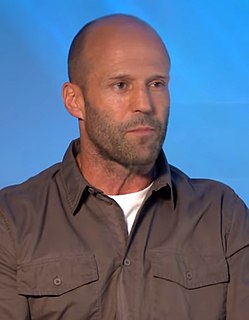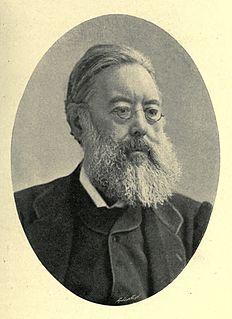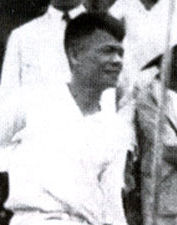A Quote by Clare Boothe Luce
A great man is one sentence.
Quote Topics
Related Quotes
Writing is linear and sequential; Sentence B must follow Sentence A, and Sentence C must follow Sentence B, and eventually you get to Sentence Z. The hard part of writing isn't the writing; it's the thinking. You can solve most of your writing problems if you stop after every sentence and ask: What does the reader need to know next?
Every sentence has a truth waiting at the end of it and the writer learns how to know it when he finally gets there. On one level this truth is the swing of the sentence, the beat and poise, but down deeper it's the integrity of the writer as he matches with the language. I've always seen myself in sentences. I begin to recognize myself, word by word, as I work through a sentence. The language of my books has shaped me as a man. There's a moral force in a sentence when it comes out right. It speaks the writer's will to live.
It's kind of like sentencing. A lot of people say that we have a heavy sentence for this crime and a light sentence for another crime, and what we ought to do is reduce the heavy sentence so it's more in line with the other. Wrong. In most cases we ought to increase the light sentence and make it compatible with the heavy sentence, and be serious about punishment because we are becoming too tolerant as a society, folks, especially of crime, in too many parts of the country.
Writing keeps me at my desk, constantly trying to write a perfect sentence. It is a great privilege to make one's living from writing sentences. The sentence is the greatest invention of civilization. To sit all day long assembling these extraordinary strings of words is a marvelous thing. I couldn't ask for anything better. It's as near to godliness as I can get.
The first sentence of the truth is always the hardest. Each of us had a first sentence, and most of us found the strength to say it out loud to someone who deserved to hear it. What we hoped, and what we found, was that the second sentence of the truth is always easier than the first, and the third sentence is even easier than that. Suddenly you are speaking the truth in paragraphs, in pages. The fear, the nervousness, is still there, but it is joined by a new confidence. All along, you've used the first sentence as a lock. But now you find that it's the key.
All questions of process require an answer that begins with a very important sentence, and the sentence is: 'Everybody is different.' Whatever way of working you name - methodical, haphazard, gets up early in the morning, sleeps all day, works at night, revises immensely, never revises at all - someone has made great work with that way.
Never trust the translation or interpretation of something without first trusting its interpreter. One word absent from a sentence can drastically change the true intended meaning of the entire sentence. For instance, if the word love is intentionally or accidentally replaced with hate in a sentence, its effect could trigger a war or false dogma.




































